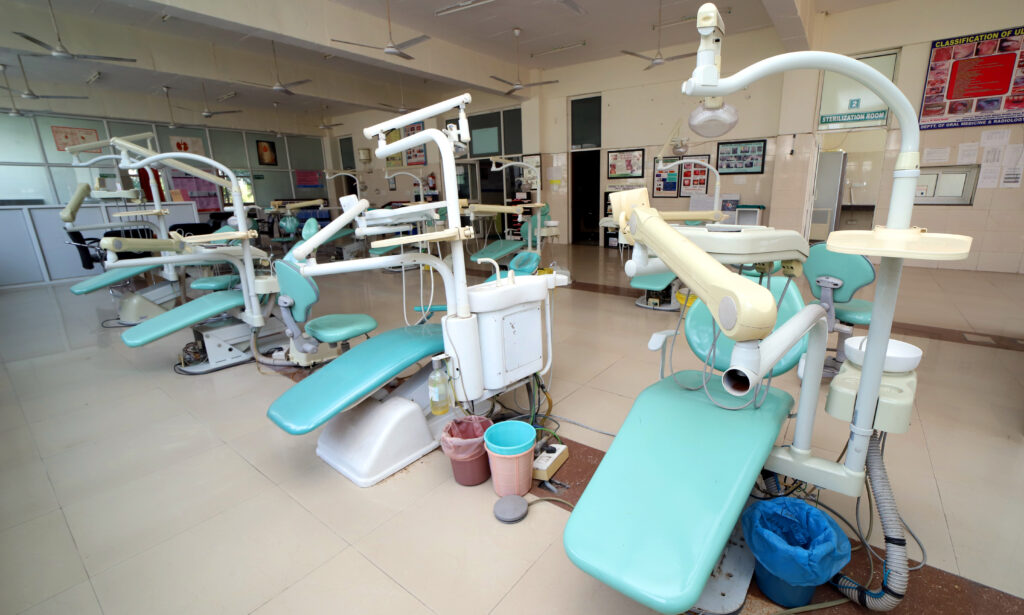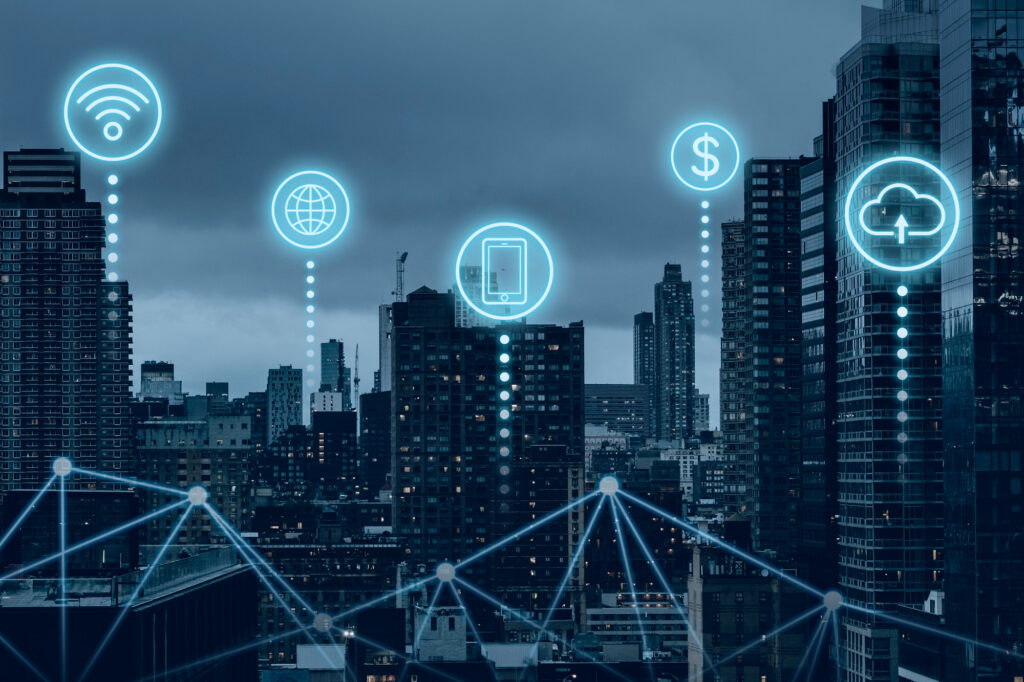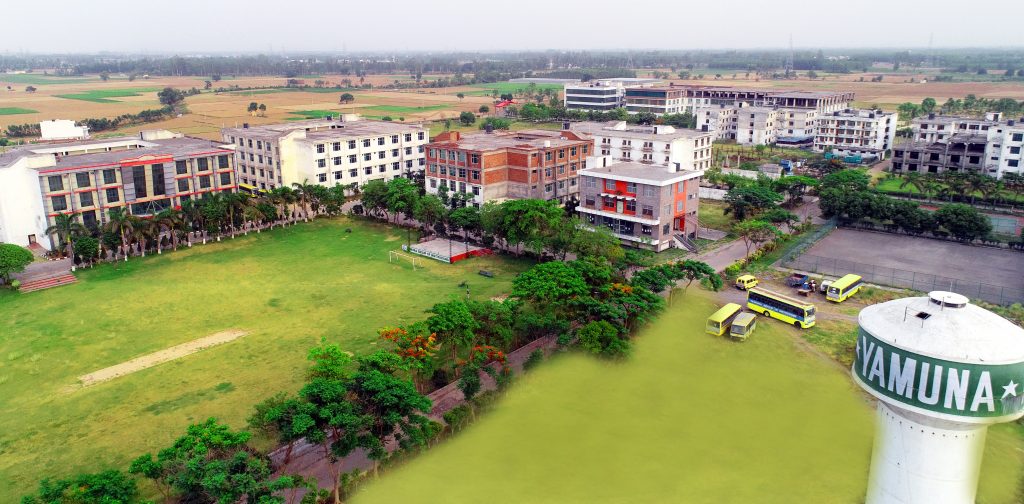Going to the dentist in past has been considered not so desirable experience involving sitting under a bright light and having your mouth invaded with a variety of tools. Despite of the fact that dental health contibrutes majorily to your overall health and for having a nice smile, many people chose to steer clear of dental visits because of how uncomfortable it was for them.
Fortunately, new technological advancements are making trips to the dentist quicker, easier, less painful and more reliable. Due to these advancements, the dental industry is growing rapidly. These new advancements will not only impact on how dental professionals treat their patients but also as to how people take care of their oral health at home.
Top Innovations in the Dental Professions in Recent Years
Smart Toothbrush
Future homes are filled with smart devices. We already have smart tech found in kitchen appliances and other devices in our bedrooms and living rooms. Why should our bathrooms be any different? At first, the idea that our toothbrushes can have sensors in them to monitor our brushing habits might seem strange. However, a smart electric toothbrush can make sure you brush your teeth correctly for best results. It is great option for kids learning how to brush their teeth. The smart toothbrush can offer kid games and other incentives within linked apps for regularly and properly cleaning their teeth.
Digital Dentures
Long gone are the old ways of creating dentures. In the past, it would take weeks and multiple visits to your dentist to get a pair of dentures produced and fitted. Now, digital dentures offer a new system for creating precision-fitted dentures in a fraction of the time. The process uses advanced software, devices and materials to create dentures with ease. Computer-aided design and computer-aided manufacturing (CAD/CAM) is what makes this new process possible. This allows dentists and technicians to fabricate a denture using material discs to make prostheses in just a few steps.
Teledentistry
It can be often difficult for some people especially with disabilities, the elderly and people with special needs to visit dentist. Here a new concept of teledentistry comes handy. The ability to offer certain dental services over the internet can provide much-needed services to individuals who do not have regular access to a dental clinic. It can also be useful for people who live in rural areas where there are no dental offices. The service allows dentists to capture images, take clinical notes and send that information to other dentists. The consultation with the dentist is conducted live through video chatting software. If the dentist sees an issue, they will suggest an in-person visit to a local dentist for further evaluation.
Dental Implant Technologies: Robotics
One of the groundbreaking advancements in dental implant technology. Let’s talk about robots! Robotics have been used in all different surgeries to assist and enhance physicians’ knowledge. In dentistry, robotics can enhance accuracy, precision, workflows, and even results for patients. While dental implants see great success rates for patients, as with all surgeries, there are inherent risks. Nerve damage and implant failure can occur and this is where robotics and navigational surgery technology can aid in improving success rates and helping to guide the surgeon during the dental implant procedure with enhanced precision and consistency.
5) Forensic Odontology:
Forensic dentistry or forensic odontology is the handling, examination and evaluation of dental evidence in criminal justice cases. The evidence that may be derived from teeth is the age (in children) and identification of the person to whom the teeth belong.
Forensic odonatologists are highly experienced, specially trained dentists who use their expertise to help identify unknown remains and trace bite marks to a specific individual.
6) Stem Cell Research:
Stem cells (SCs) research is one of the most promising approaches to regenerative medicine. Our understanding of SCs biology and their potential role in tissue repairing has notably increased during the last few years. Mesenchymal stem cells (MSCs) are present in almost all human tissues, including oral and dental tissues (dental-derived stem cells or DDSCs).It represents an exciting challenge for the next generations of young dentists. Regenerative dentistry represents a big opportunity for the next generations of researchers and clinicians, and this review report underlines that dental schools should pay more attention to teachings of strategic subjects, such as cell biology, molecular biology and tissue engineering.
These are just the tip of the iceberg, as dental technology is constantly evolving. As new patient care needs are discovered, dental innovations are poised to completely revolutionize the world of dentistry and the way we look at oral health
At Yamuna Institute of Dental Sciences and Research, we impart world class dental education through a team of dedicated, highly qualified and experienced faculty. We create innovative thinking in dental students so that they become highly competent and compassionate for dental treatment of the patients.
The Institute has excellent infrastructure with more than 200 dental chairs and latest state-of-the-art dental equipment’s. Air-conditioned lecture halls with the latest audio-visual aids, phantom head labs for pre-clinical and seminar/CDE rooms are some of the main facilities available in the Institute.



